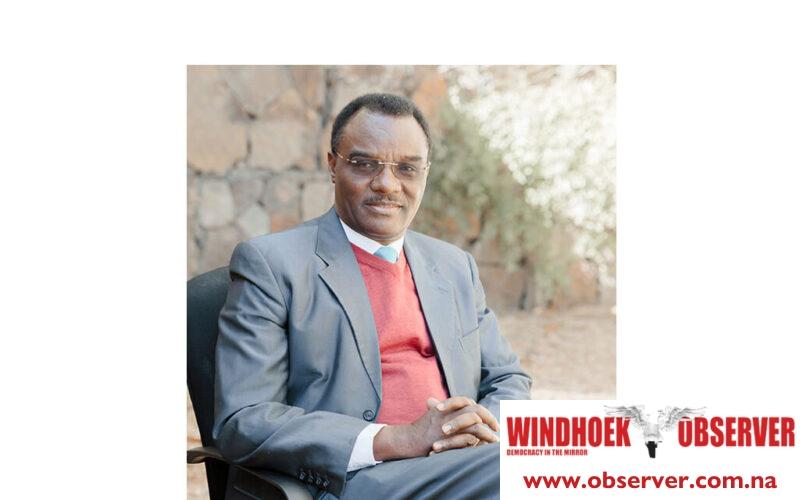Ester Mbathera
Seasoned business leader and founder of the Hangala Group, Leake Hangala, has called for the inclusivity of all Namibians in the local content policies, regardless of their ethnicity.
Hangala made the remarks at the Namibian Local Content Conference (NLCC) 2024 in Lüderitz on Wednesday, on the role of government institutions and operators in implementing local content policy.
According to him, all Namibians and companies should be prioritised in the procurement of goods and services for local content. “For the sake of clarity, when I say Namibian, I mean Namibians of all races.
There is a misconception in Namibia that our white compatriots are wealthy. In reality, many white Namibians do not own fishing quotas, mines, or critical assets. Before independence, some owned farms, but they were not necessarily modernised. Therefore, we must include all Namibians,” he said.
He added that it is important for Namibian companies to have a certain percentage of local ownership and not just be registered in Namibia. According to him, such a setup can create a platform for intermediaries who profit from Namibians but do not contribute to development in the country.
Hangala believes companies should ensure that benefits derived from oil and gas development reach all Namibians.
While acknowledging the government’s role in developing and adopting a clear local content policy, Hangala emphasised that these policies must be enshrined in legislation.
“They must become laws to ensure that operators submit annual plans for the implementation of those policies. Many problems in Namibian society arise from poor administration and implementation. It’s crucial for the government to establish efficient administrative bodies that deliver promptly,” he said.
Petroleum Commissioner, Maggy Shino presented a review of the draft national upstream petroleum local content policy.
She noted that there is no universally agreed-upon definition for such a policy, but the definition should be set by the local population.
“There is no specific definition, but local content should be defined by the Namibian government and the Namibian people. Local content should offer opportunities for Namibians to create forward and backward linkages for positive economic growth. This applies across the fossil fuel, petroleum, and broader energy sectors,” she explained.
According to Shino, this includes fostering workforce development, utilising local goods and services, facilitating technology transfer, and promoting financing and asset ownership among Namibians.
While the upstream petroleum sector is highly specialised and capital-intensive, requiring specific skills and advanced technology, Shino stressed the importance of establishing a policy framework to guide participation in the sector and ensure local content leads to tangible benefits for Namibian citizens.




